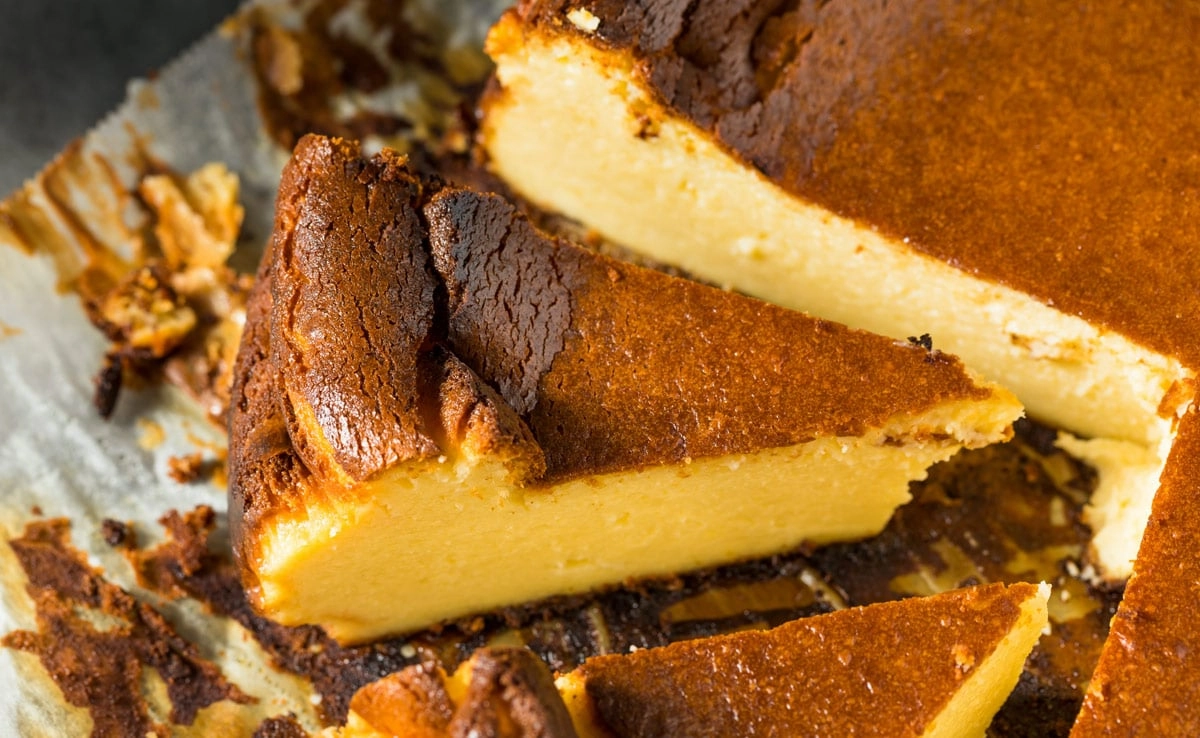In a recent viral video that has captivated audiences across social media platforms, a digital creator has drawn fascinating parallels between Indian and South Korean cuisines. This innovative content not only highlights the rich culinary traditions of both nations but also emphasizes the cultural connections and shared experiences that food can foster. Through a series of engaging visuals and insightful commentary, the creator showcases various dishes that, while distinct in their origins, share remarkable similarities in ingredients, preparation methods, and flavor profiles.
One of the most striking comparisons made in the video is between Indian curries and South Korean stews, such as Kimchi Jjigae. Both dishes are characterized by their hearty nature, vibrant colors, and the use of spices that create depth and complexity in flavor. The digital creator points out that both cuisines often rely on fermentation, with South Korean dishes frequently incorporating fermented vegetables like kimchi, while Indian cooking utilizes fermented dairy products like yogurt. This exploration of fermentation highlights a common culinary technique that enhances the taste and nutritional value of the food in both cultures.
The creator also delves into the use of rice as a staple in both Indian and South Korean diets. While the types of rice and accompanying dishes differ greatly, the cultural significance remains the same. In both nations, rice is not just a side dish but a central component of meals that brings families together. The video further explores the communal aspect of dining, showcasing how both Indian thalis and South Korean banchan encourage sharing and togetherness, reflecting the hospitality inherent in both cultures.
By blending humor, education, and a love for food, the digital creator effectively bridges the gap between these two diverse culinary worlds. The video has sparked discussions among viewers, encouraging them to appreciate the nuances of global cuisines while recognizing that food can serve as a universal language that connects people from different backgrounds. This celebration of cultural similarities through culinary exploration is a testament to the power of social media in fostering understanding and unity in an increasingly globalized world.




